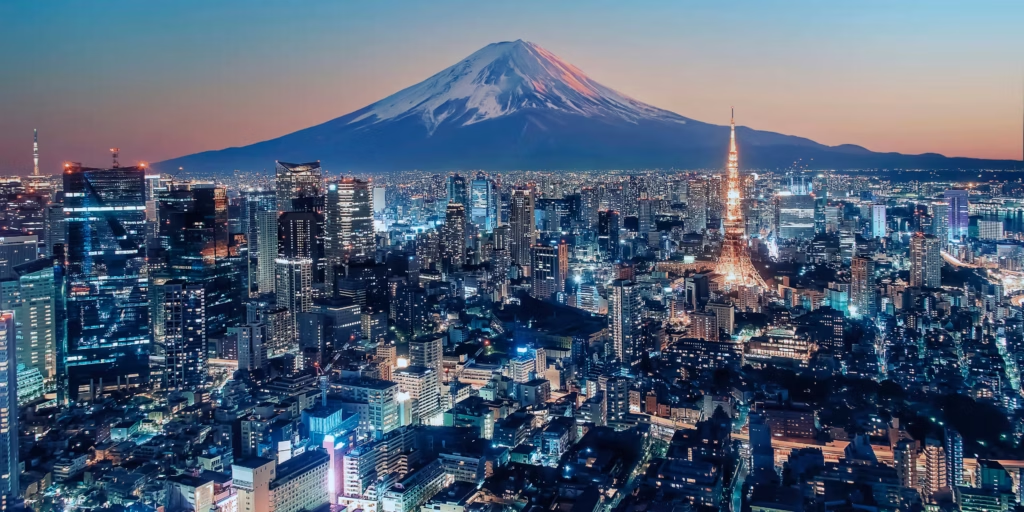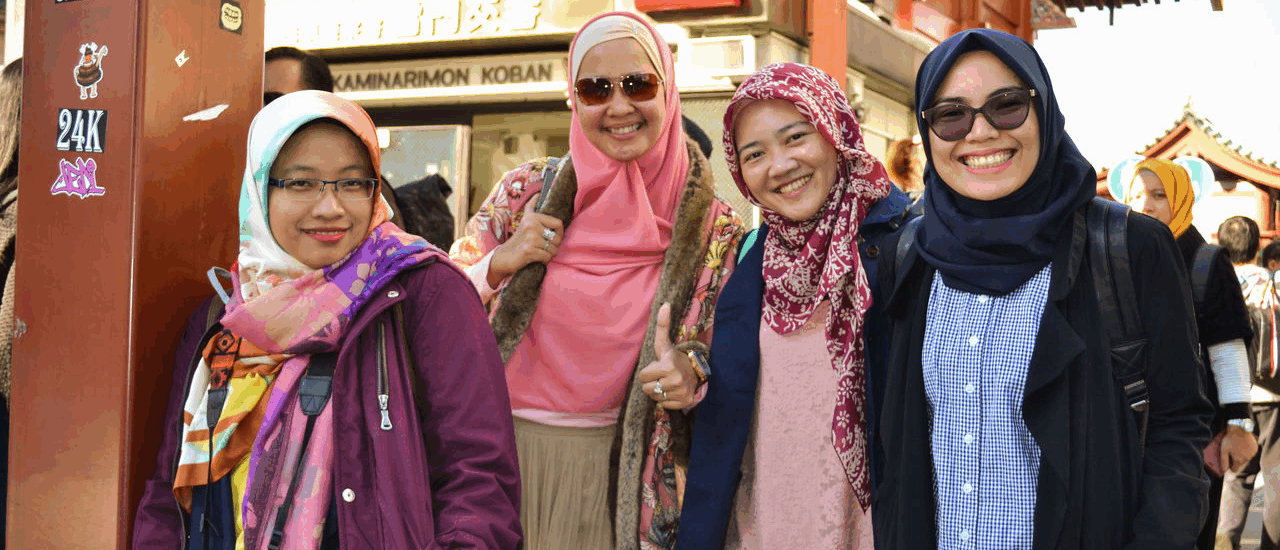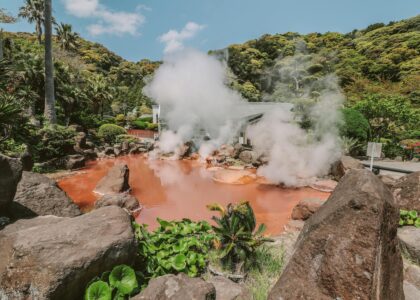Japan is a dream destination for many travelers with its blend of tradition, nature, and cutting-edge technology. For Muslim travelers, the good news is: Japan is becoming increasingly Muslim-friendly. From halal food options to prayer spaces and culturally respectful accommodations, here’s how to plan a smooth, enjoyable, and faith-conscious trip to Japan.
1. Choose Muslim-Friendly Cities and Attractions

While Tokyo, Osaka, and Kyoto are the main tourist hubs, they’re also where you’ll find more halal-certified restaurants and prayer spaces. Other destinations like Hokkaido, Fukuoka, and even Mt. Fuji areas are catching up fast.
Popular spots with Muslim-friendly options:
- Tokyo (Asakusa, Shibuya, Ueno)
- Kyoto (Arashiyama, Gion, Fushimi Inari)
- Osaka (Dotonbori, Osaka Castle)
- Chiba (Narita, Mother Farm)
- Mt. Fuji area (Kawaguchiko, Gotemba)
2. Use Halal-Friendly Apps and Resources

Several mobile apps and websites can help you find halal food, mosques, and prayer rooms in Japan:
- Halal Navi
- HappyCow (for vegetarian/halal)
- Muslim Pro (for prayer times and Qibla direction)
- Japan Official Travel App (for local info and alerts)
3. Find Halal Food and Restaurants
Halal food in Japan is expanding, especially in urban centers. Here are some tips:
- Look for halal-certified logos (from organizations like Nippon Asia Halal Association).
- Some restaurants offer Muslim-friendly meals—they may not be halal-certified but avoid pork and alcohol.
- Convenience stores: Look for items with ingredient labels in English or try vegetarian/seafood-based options.
- Bring your own snacks or instant halal meals for rural areas.
4. Plan for Prayer
Prayer facilities are increasingly available in airports, malls, and tourist attractions:
- Airports: Narita, Haneda, Kansai, Chubu all have prayer rooms.
- Major train stations: Some (like Tokyo Station) offer prayer spaces.
- Shopping centers: LaLaport, AEON Malls may have designated prayer rooms.
- Mosques: Tokyo Camii (Tokyo), Kobe Mosque, Nagoya Mosque are accessible in major cities.
Tip: Carry a small prayer mat and Qibla compass app when exploring rural areas.
5. Choose Accommodation Wisely
While most Japanese hotels don’t offer prayer rooms or halal meals, many are welcoming and accommodating if you inform them in advance.
What to look for:
- Hotels with “Muslim-friendly” or “halal-certified” services.
- Rooms with space to pray and water-friendly bathrooms for wudhu.
- Vacation rentals (e.g., Airbnb) can provide more flexibility and privacy.
6. Cultural Tips for Muslim Travelers
- Japanese respect for customs: Locals are very respectful of different religions, but may not be familiar with Islamic practices—feel free to politely explain.
- Public baths (onsen): If you’re shy about nudity, look for private onsens or Muslim-friendly ryokans.
- Dress modestly: Perfectly acceptable and often appreciated in temples and traditional places.
7. Consider Using a Muslim-Friendly Travel Service
Companies like One Box Japan Transport offer Muslim-friendly services such as:
- Private transport with English speaking drivers
- Stops at prayer spaces or halal restaurants
- Guidance for day trips to places like Mt. Fuji, Chiba farms, or Tokyo city highlights
Traveling to Japan as a Muslim can be seamless and rewarding with a bit of preparation. The country is clean, safe, and increasingly inclusive of diverse travelers. Whether you’re a solo traveler, couple, or family, planning a Muslim-friendly itinerary ensures comfort, peace of mind, and a deeper cultural experience.
Need an English-Speaking Driver?
Book with One Box Japan for Muslim-friendly private transport, halal food stops, and prayer-friendly schedules.


